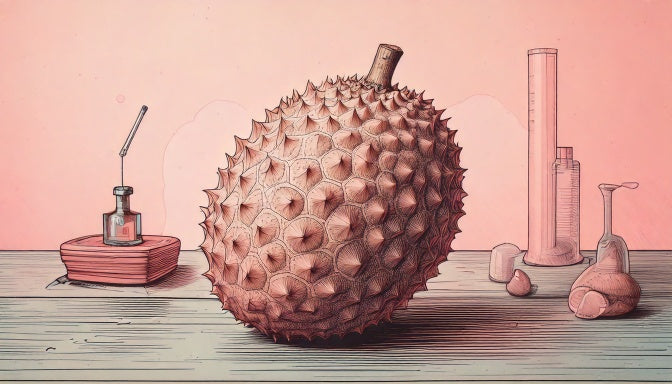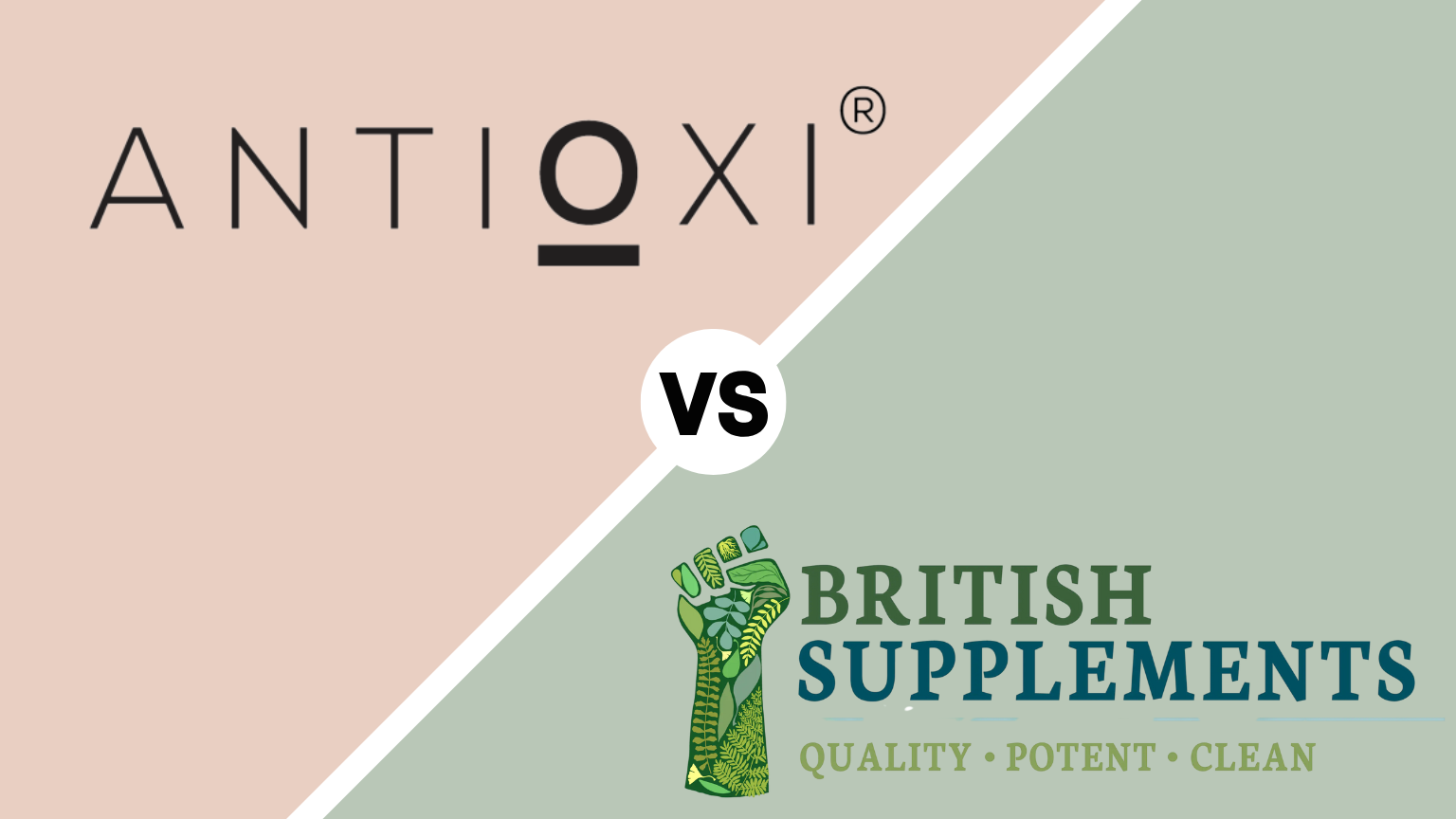Parkinson’s disease is more than just a movement disorder—it’s a multifaceted condition affecting the brain and nervous system. Let’s explore how lifestyle, diet, and natural compounds like medicinal mushrooms can support brain health alongside conventional care.
Understanding Parkinson’s Disease
Parkinson’s disease (PD) is a progressive neurological disorder that primarily affects movement control. It is characterised by the degeneration of dopamine-producing neurons in the substantia nigra, a region of the brain integral to regulating movement. Dopamine is a neurotransmitter that facilitates smooth and coordinated muscle movements. As dopamine levels decrease due to neuronal loss, individuals with PD may experience a range of motor symptoms, including:
- Tremors: Involuntary shaking, often starting in the hands or fingers.
- Bradykinesia: Slowness of movement, making simple tasks time-consuming.
- Muscle Rigidity: Stiffness in the limbs and trunk, limiting the range of motion and causing discomfort.
- Postural Instability: Impaired balance and coordination, increasing the risk of falls.
Beyond these motor symptoms, PD can also lead to non-motor issues such as sleep disturbances, depression, and cognitive impairment. The exact cause of Parkinson’s disease remains unclear, but it is believed to result from a combination of genetic and environmental factors. While there is currently no cure, various treatments aim to manage symptoms and improve quality of life.
In addition to conventional medical treatments, emerging research suggests that lifestyle modifications, including dietary changes and the use of natural compounds, may offer supportive benefits for brain health. Incorporating nutrient-rich foods and supplements with neuroprotective properties could potentially complement traditional therapies in managing PD.
The Science Behind Parkinson’s & Neuroprotection
The progression of Parkinson’s disease is closely linked to two key pathological processes: oxidative stress and inflammation.
-
Oxidative Stress: This occurs when there is an imbalance between free radicals (reactive oxygen species) and the body's ability to neutralize them with antioxidants. In PD, the metabolism of dopamine itself can produce reactive oxygen species, contributing to neuronal damage. Additionally, mitochondrial dysfunction within neurons can exacerbate oxidative stress, leading to further cell injury and death.
- Inflammation: Chronic neuroinflammation is a significant contributor to neurodegeneration in PD. Activated microglia, the primary immune cells in the brain, release pro-inflammatory cytokines and neurotoxic factors that can damage dopaminergic neurons. This inflammatory response may be triggered by various factors, including the accumulation of misfolded proteins and environmental toxins.
Understanding these mechanisms has led to the exploration of neuroprotection strategies aimed at preserving neuronal structure and function. Approaches to neuroprotection in the context of PD include:
- Antioxidants: Compounds that neutralise free radicals, potentially reducing oxidative damage to neurons.
- Anti-inflammatory Agents: Substances that mitigate chronic inflammation in the brain, thereby protecting neurons from inflammatory damage.
- Nerve-Regenerating Compounds: Agents that promote the repair and regeneration of damaged neurons, supporting overall brain health.
Emerging evidence also highlights the importance of gut health in neurological conditions like PD. The gut-brain axis refers to the bidirectional communication between the gastrointestinal tract and the central nervous system. Disruptions in gut microbiota, known as gut dysbiosis, have been linked to increased intestinal permeability and systemic inflammation, which may influence the progression of neurodegenerative diseases, including Parkinson’s.
By addressing oxidative stress, inflammation, and gut health, holistic approaches aim to support brain health and potentially slow the progression of neurodegenerative conditions like Parkinson’s disease.
How Medicinal Mushrooms May Support Brain Health
Certain medicinal mushrooms possess bioactive compounds that exhibit neuroprotective and anti-inflammatory properties, which can be beneficial in managing neurodegenerative diseases such as Parkinson's. Key compounds include:
- Beta-Glucans: These polysaccharides are known for their immunomodulatory effects, enhancing the body's defence mechanisms and potentially reducing neuroinflammation.
- Erinacines and Hericenones: Found predominantly in Lion's Mane mushroom (Hericium erinaceus), these compounds have been shown to stimulate Nerve Growth Factor (NGF) synthesis, crucial for the growth, maintenance, and survival of neurons.
- Antioxidants: Mushrooms like Reishi (Ganoderma lucidum) and Chaga (Inonotus obliquus) are rich in antioxidants, which combat oxidative stress, a contributing factor in neuronal damage associated with Parkinson's disease.
By supporting immune function, reducing inflammation, and protecting against oxidative damage, these mushrooms offer a holistic approach to maintaining brain health.
Best Medicinal Mushrooms for Brain & Nerve Health
Lion’s Mane (Hericium erinaceus)
Lion's Mane mushroom has garnered significant attention for its potential neuroprotective effects. Research indicates that its bioactive compounds, hericenones and erinacines, can stimulate NGF production, promoting neuron repair and enhancing cognitive functions such as memory and learning.
Reishi (Ganoderma lucidum)
Known as the "mushroom of immortality," Reishi possesses anti-inflammatory and antioxidant properties. Studies suggest that Reishi may help modulate the immune system and reduce neuroinflammation, potentially offering protective benefits against neurodegeneration.
Chaga (Inonotus obliquus)
Chaga is rich in antioxidants, which can help neutralise free radicals and reduce oxidative stress. Its anti-inflammatory properties may also contribute to neuroprotection, supporting overall brain health.
How to Incorporate Mushrooms into Daily Life
Integrating medicinal mushrooms into your daily routine can be both enjoyable and beneficial. Here are some practical methods:
- Powders & Extracts: Mushroom powders can be easily added to your morning coffee, smoothies, or teas. For instance, adding Lion's Mane powder to your coffee can provide a cognitive boost to start your day.
- Capsules: For those seeking convenience, mushroom supplements in capsule form offer a straightforward way to include these functional fungi in your diet. Ensure you choose high-quality supplements from reputable sources.
- Functional Drinks: Mushroom-infused beverages, such as mushroom coffee and teas, are gaining popularity. We offer blends that combine traditional coffee with Lion's Mane and Reishi, aiming to enhance focus and support brain health.
Experimenting with these forms can help you discover the most enjoyable and effective way to incorporate medicinal mushrooms into your lifestyle.
Explore our recipes page for fun ideas and creative ways to enjoy medicinal mushrooms.
The Importance of High-Quality Mushroom Extracts
Not all mushroom products are created equal. When choosing supplements, consider the following:
- Alcohol or Hot Water Extracted Formulas: These extracts use water extraction or alcohol extraction to capture a full spectrum of beneficial compounds, with a few expectations such as lion's mane benefiting from a dual extract (use both alcohol and hot water extraction method).
- Third-Party Testing: Quality and purity matter—opt for products that have been rigorously tested for potency and contaminants.
- Avoid Fillers: Beware of products that include bulking agents or low-quality extracts that do not deliver the same health benefits.
For instance, Antioxi’s mushroom extracts meet strict purity and potency standards, ensuring you receive the most effective natural support.

Antioxi ensures the purity and potency of its mushroom extracts through several key practices:
- Organic Certification: Sourcing mushrooms from farms certified under EU and USDA Organic programs guarantees products free from harmful chemicals and GMOs.
- Comprehensive Testing: Implementing rigorous testing protocols, including double pesticide screening of raw materials and assessments for heavy metals and microbial contaminants, ensures safety and quality.
-
Transparent Labeling: Providing detailed lab reports on individual product pages reflects Antioxi's commitment to transparency and consumer trust.
Additive-Free Products: Formulas contain only active ingredients, without fillers or yeast extracts like Saccharomyces cerevisiae, as confirmed by independent analyses.
These measures ensure that Antioxi's mushroom extracts are both safe and effective for consumers.
Learn more about reading supplement labels on our blog.
Frequently Asked Questions
Q: Can medicinal mushrooms cure Parkinson’s disease?
A: No natural supplement is a cure for Parkinson’s. However, medicinal mushrooms may help support brain health and complement conventional treatments.
Q: How soon can I expect results?
A: Effects vary by individual. Incorporating medicinal mushrooms into a balanced diet is a long-term strategy for overall wellness rather than a quick fix.
Q: Are there any side effects?
A: Most medicinal mushrooms are safe when consumed at recommended dosages. However, it’s important to consult your healthcare provider before beginning any new supplement regimen.
Closing Thoughts: Supporting Brain Health Naturally
Exploring holistic approaches like incorporating medicinal mushrooms can be an empowering step towards better brain health. Alongside a balanced diet, regular exercise, and mindful lifestyle choices, these natural compounds may play a supportive role in overall well-being.
Are you ready to experience the benefits?
Yes, I want to experience Lion’s Mane benefits!

Discover our featured product featuring a convenient cup of powder and raw Lion’s Mane mushrooms to jumpstart your brain-support journey.
References
- Mushrooms magnify memory by boosting nerve growth | The University of Queensland
- Neurohealth Properties of Hericium erinaceus Mycelia Enriched with Erinacines | PMC
- Parkinson’s Disease: Causes, Symptoms, and Treatments | National Institute on Aging
- Parkinson's disease - Symptoms and causes | Mayo Clinic
- Oxidative stress and Parkinson’s disease | Frontier
- Oxidative Stress and Neuroinflammation in Parkinson’s Disease: The Role of Dopamine Oxidation Products | MDPI
- Medicinal Mushrooms and Brain Health: Examining Their Neuroprotective Properties | Tutela Medical




Leave a comment
All comments are moderated before being published.
This site is protected by hCaptcha and the hCaptcha Privacy Policy and Terms of Service apply.